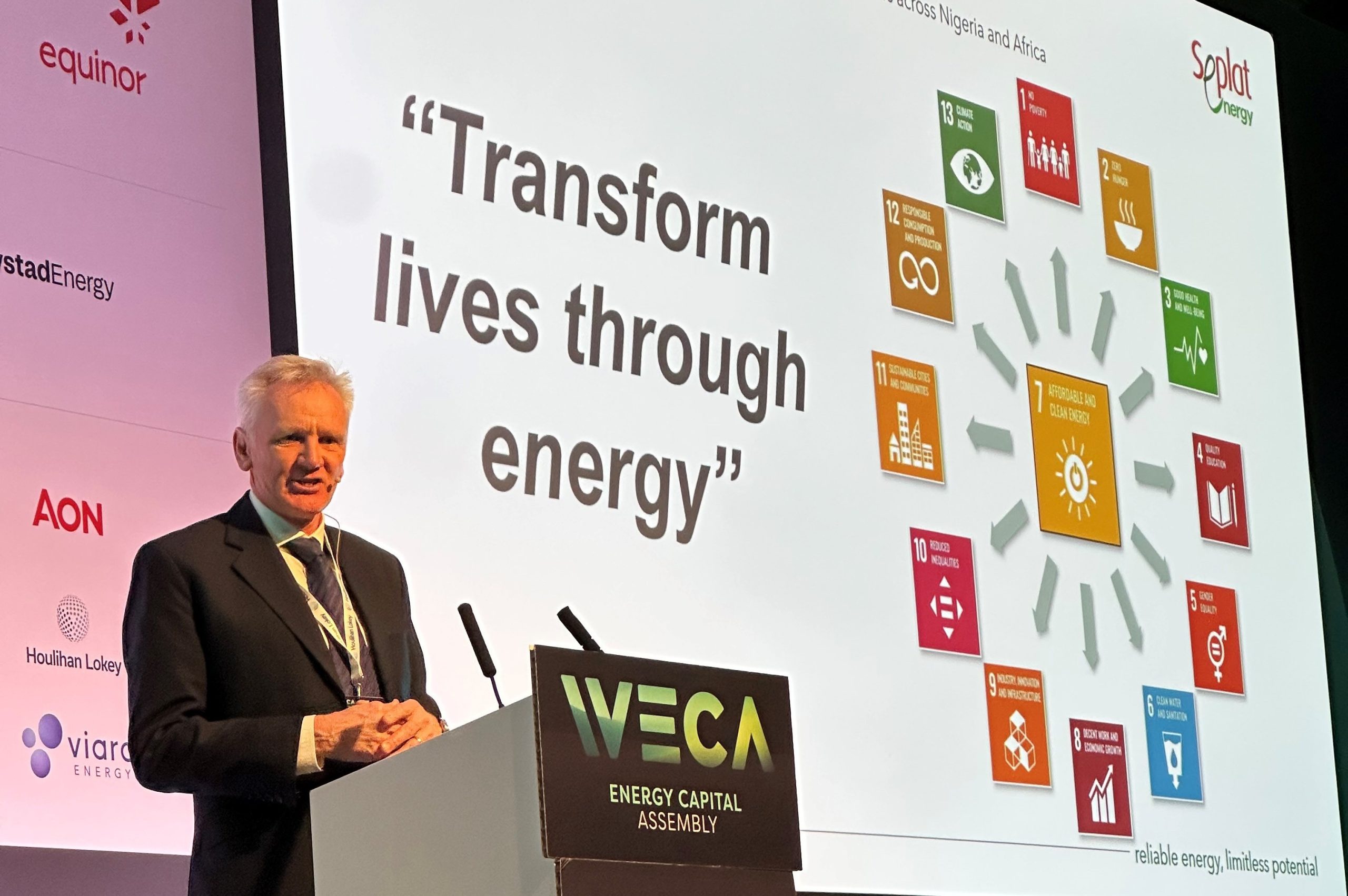
By Edu Abade
Foremost indigenous energy company, Seplat Energy Plc has said the gas resources in Nigeria and other African countries can drive significant developmental gains with minimal impacts on emission.
According to the leading energy company, gas is the immediate solution to many immediate problems in Africa; thus, there is a compelling development case for investment in the resource.
Director, Strategy, Planning and Business Development, Seplat Energy, Mr. Alasdair Mackenzie, said this at the recently concluded World Energy Capital Assembly (WECA) in London, where he delivered a keynote address titled: Leading Nigeria’s Transition – a Model for the Continent.
“With gas, significant development gains can be achieved with minimal impact on emissions. The whole of Africa has contributed only 3 percent of global emissions since the Industrial Revolution and sub-Saharan Africa less than 1 percent,” he said.
Mackenzie noted that there is a strong case for gas as Nigeria’s transition fuel, as it is proven and accepted as transition fuel in developed Global North; Africa having huge local resources and Nigeria having the largest, with multiple essential uses beyond power.
He said: “Africa’s development will require significant improvements in access to energy. This will result in lower costs, and more reliable energy will drive job creation, prosperity and social development and achievement of United Nations Sustainable Development Goals (SGDs).”
Speaking on Seplat Energy’s business, Mackenzie said twin ambitions guide the company’s operations and its relationships with stakeholders and the natural world, adding: “First, Seplat Energy builds a sustainable business by driving social development, focusing on environmental care and reporting, and maximising returns for all stakeholders.
“Also, the Company is delivering energy transition via its upstream, midstream gas, power and new energy businesses.”
He stressed that natural gas is Africa’s logical transition fuel whilst advising a drift towards energy access, which is the reality of a continent in which 600 million people lack access to reliable and affordable energy.
Mackenzie further explained that beyond power, natural gas is essential in many applications such as fertiliser, cement, glass and steel, all of which will be required in billions of tons to build and support a modern Africa.










